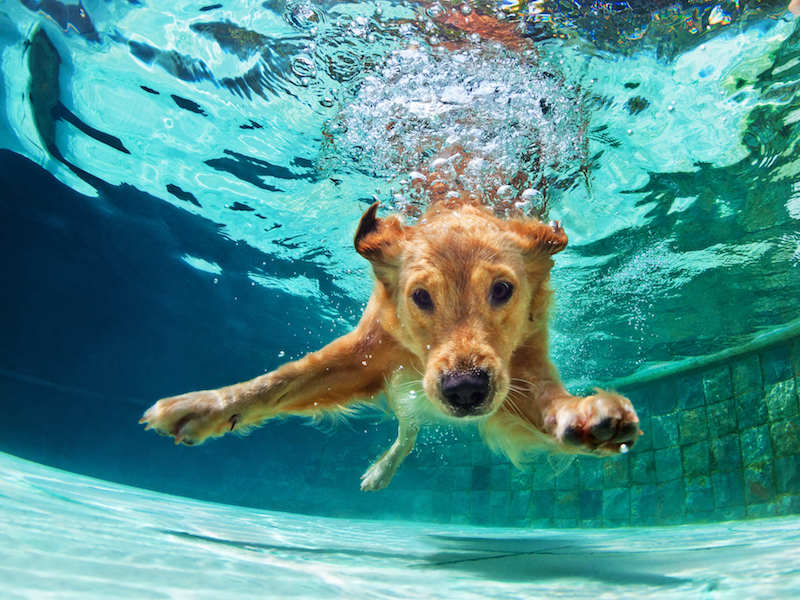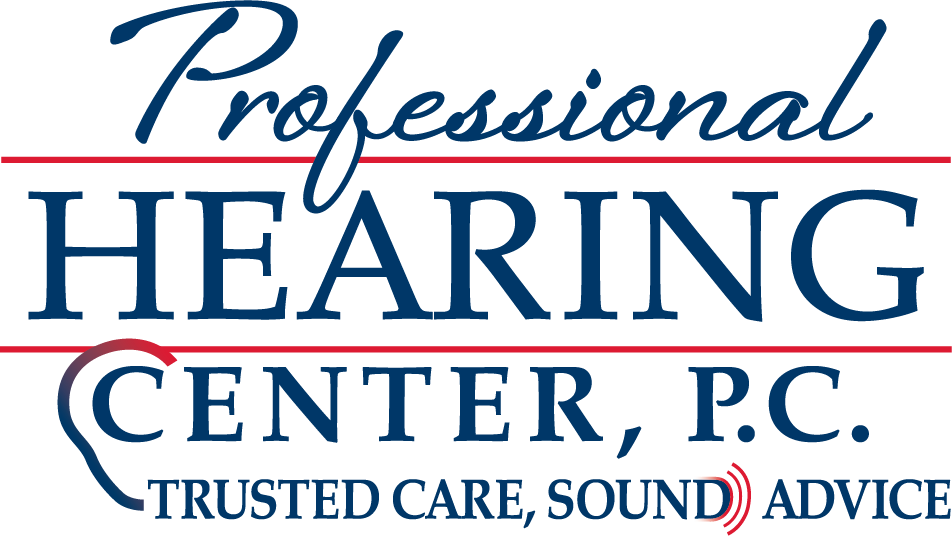
There are many factors which can affect the electrical circuitry of your hearing aids. In fact, you could call moisture kryptonite for hearing aids. Even if you already know that and take care to protect your investment from the shower, pool, or a good face washing, more than likely you are missing the most common reason for water damage in hearing aids: humidity.
Moisture that you can’t see has the greatest chance of causing permanent damage. It’s essential to educate yourself about why humidity harms hearing aids.
Understanding Humidity
Even though the word humidity is very common, what does it really mean? PBS defines humidity as water molecules in the air. The relative humidity refers to the ratio of water molecules in the air compared to how many the air can actually hold. When you can feel wetness in the air, that means the relative humidity is high.
Humans cool down their body by sweating so that makes us very sensitive to humidity. When you sweat it evaporates into the air, but that doesn’t happen as fast when the humidity level is very high. Electronics are also susceptible to humidity and that is why it has such a detrimental effect on hearing aids.
Why Electronics Have an issue with Humid Weather
Strangely enough, electronic devices are not only sensitive to high humidity but low levels as well. When water vapor percentages are high condensation can collect on the intricate mechanisms that make electronic devices work, and low humidity can lead to brittle core materials.
Hearing aids rely heavily on internal electronics to function. Modern digital hearing aids use a state-of-the-art signal processing chip to manage noise. Because of this, you get awesome features like:
- Noise reduction
- Anti-feedback
- Targeted listening programs
- Digital sound streaming
High humidity causes moisture to collect in the hearing aids damaging that chip. Batteries get destroyed and you get corrosion of elements inside of the case. It’s the same as throwing your hearing aid in a sink of water.
How to Control Humidity
If you are investing in hearing aids, look for products that are water-resistant. This feature will give you some protection against humidity and wet weather, but you still can’t swim with them in.
If you live in a humid area, consider getting a room or house dehumidifier to reduce water vapor indoors. It’s an investment that will benefit you and your family in numerous ways and protect other electronic devices like that expensive TV you got for Christmas. Dust mites, mildew, and mold thrive in moist environments so a dehumidifier will improve the quality of breathing as well. However, protecting your hearing aid more completely will require additional thinking. You will need to take other steps at the same time.
Look for the dehumidifier made for hearing aids. They come at all costs levels. Drying kits rely on silica gel crystals to protect the electronics. Moisture is eliminated by putting the hearing aids into the dehumidifier for a couple of hours. There are also storage containers that dry hearing aids out each night as you sleep. If it is very humid and you have no other way, uncooked rice can reduce moisture.
Don’t forget to leave the battery door open when you store your device. By pulling that door open before you put the hearing aid down, you expose the batteries and other elements to the air, allowing any condensation built up to evaporate naturally. Do this all year round, not just in the summer months.
A cool dry place is the ideal for storage. Avoid putting them in the glove compartment, in a hot room or on a table in the sun.
Other Moisture Concerns
Air vapor is not the only moisture that can damage hearing aids. Take precautions to protect them from other kinds of wet such as:
- Make sure all lotion or sunscreen is fully absorbed before touching your hearing aids or putting them in your ears.
- Find a safe place to store your hearing aids if headed for the pool or beach.
- When exercising wear a sweatband. It’s a good practice whether you wear your hearing aids when you workout or not. Sweat in your ears can cause problems later.
- Try not to put your hearing aid down on wet surfaces. You don’t want to place it in a wet spot left by a glass or coffee cup.
Your hearing aids are a valuable asset, so treat them that way. Consider how moisture and humidity can impact them and take steps to prevent water damage. If your hearing aid already has water damage make an appointment for service with a hearing aid specialist.
